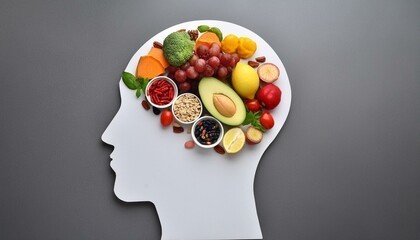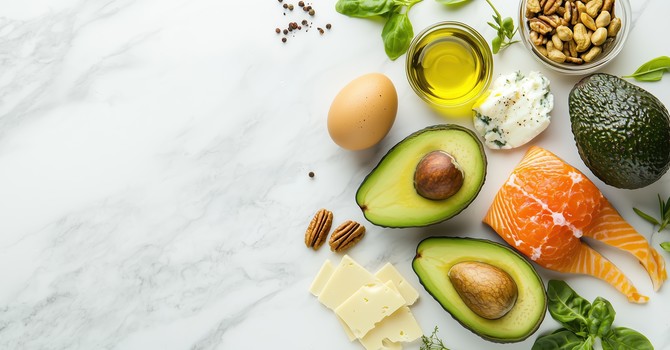
ADHD can affect focus, mood, memory, and even appetite — and while there’s no magic food that will cure it, the way we nourish ourselves can make a real difference in how we feel. This post embraces a non‑diet, weight‑inclusive approach: no food policing, no guilt — just evidence, support, and practical kindness.
Let’s explore how food and nutrients can support ADHD — without food policing or perfection.
Can Nutrition Support ADHD? Yes — but It Doesn’t Need to Be All-Or-Nothing
Research suggests that nutrition plays a supportive role in managing ADHD symptoms. This isn’t about cutting out “bad” foods — it’s about adding in key nutrients that help the brain function at its best.
- Diets rich in variety — fruits, veggies, proteins, whole grains, and healthy fats — are associated with fewer symptoms
- Adding regular meals and snacks can help reduce focus crashes or impulsive eating
- Strict elimination diets or food rules aren’t necessary for most people — and may cause more stress than benefit
What to Add for Better Focus
Instead of thinking about what to eliminate, consider what you might add to your day to support brain function and energy:
- Omega-3s (like in salmon, walnuts, flaxseed): Help with focus and brain function
- Protein (eggs, chicken, tofu, legumes): Supports dopamine and steady energy
- Iron, Zinc, Magnesium: May support mood regulation and attention
- Fiber + Complex Carbs (whole grains, beans, fruits): Steady blood sugar = steady focus
- Colorful Fruits + Veggies: Antioxidants for brain health
Tip: Think “what can I add?” rather than “what should I avoid?” Brain-supporting nutrition doesn’t require perfection — just progress.
Eating Challenges with ADHD
For many people with ADHD, challenges with executive function — like planning, time management, and task initiation — can make consistent eating tough. You might forget to eat, skip meals without realizing it, or feel too overwhelmed to cook. This isn’t about laziness or lack of willpower — it’s how ADHD impacts daily routines. Over time, this can lead to energy crashes, increased irritability, or intense cravings later in the day. Building supportive habits — like setting meal reminders, prepping simple snacks, or keeping easy options on hand — can make nourishing your body more doable, not more stressful.
What Actually Helps
Here’s how to support ADHD through food — without diet culture getting in the way:
- Eat every 3–4 hours to avoid energy crashes
- Include protein in meals/snacks (helps with focus)
- Keep grab-and-go options handy — no shame in convenience
- Hydrate (even mild dehydration impacts focus)
- Notice patterns — what meals make you feel more steady or less scattered?
No Need to cut out entire food groups, follow rigid food rules or feel guilt for eating what's available or comforting. Yes, food can influence focus, energy, and mood — but you don’t need a perfect diet, a pile of supplements, or restrictive food rules to feel better.
If you need help creating a no-stress eating plan for ADHD, let's get in touch!



